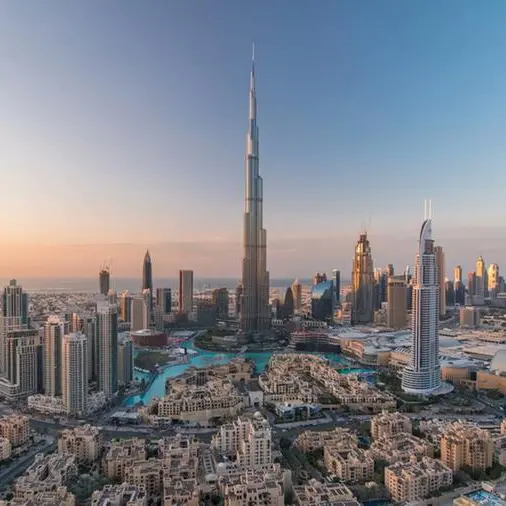PHOTO
There are big differences in the progress that Arab countries are making towards achieving the UN Sustainable Development Goals (SDGs), a new report has revealed.
The report released by the World Government Summit Organization in partnership with the Mohammed bin Rashid School of Government under the title "Arab Region Sustainable Development Goals Index 2022", said that only three countries managed to achieve one of the 17 goals.
This highlights the need for "the Arab countries to unite and take fast steps to avoid falling behind the global deadline for achieving the goals by 2030," it said.
Six countries lead the regional scores, with a total index score of 66 or more listed by Jordan, Tunisia, the United Arab Emirates, Algeria, Morocco and Oman, in descending order.
The report identified key weaknesses in Arab countries' SDG results so far, most notably in SDG 5 (gender equality), which is described as the most important challenge across the region, followed by the goals of SDG 2 (zero hunger), SDG 8 (decent work and economic growth).
Challenges also remain in SDG 3 (good health and well-being), SDG 6 (clean water and sanitation), SDG 9 (industry, innovation and infrastructure), SDG 14 (life below water) and SDG 16 (peace, justice and strong institutions).
Other SDGs show more variation, which in turn requires country-specific policy recommendations and solutions to bring fast solutions to overcome the challenges.
The Arab region’s score in terms of achieving the sustainable development goals with an average of 58.2 out of 100. Only three countries achieved one of the development goals. The UAE and Lebanon managed to achieve the SDG 1 of eradicating poverty, while Palestine achieved SDG 14 related to the protection of life below water. This means that 19 countries have not yet achieved any of the goals.
(Writing by Brinda Darasha; editing by Seban Scaria)





















